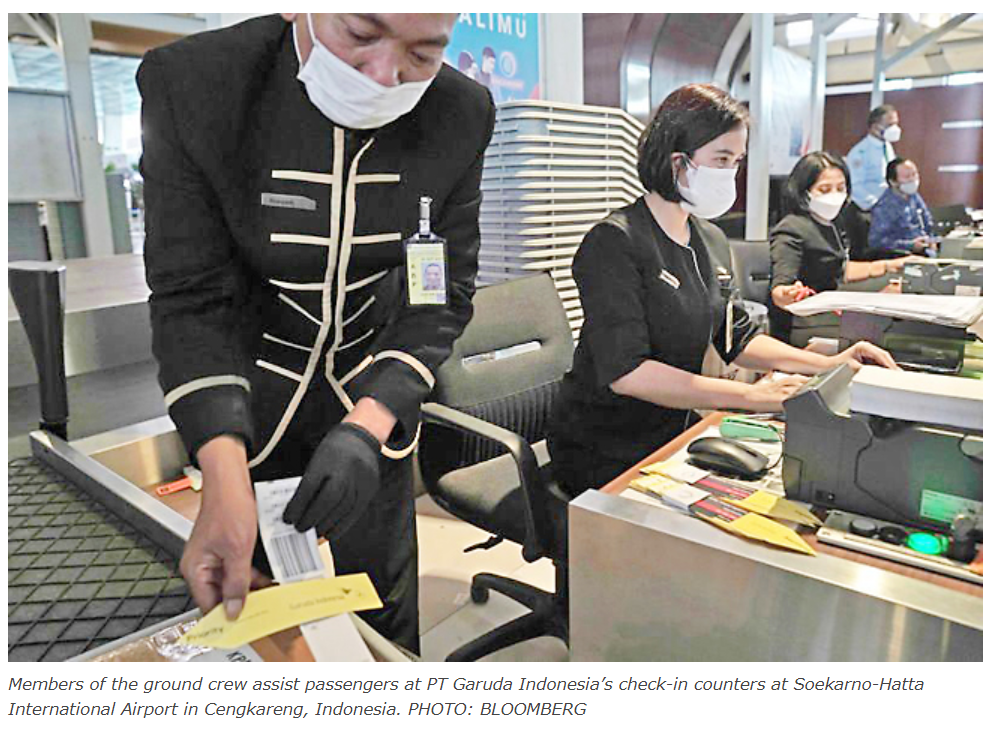Indonesia loses upper-middle income status amid pandemic
JAKARTA (THE STAR/BLOOMBERG) – Indonesia has lost its prized upper middle-income status after only a year, as Southeast Asia’s largest coronavirus outbreak reverses gains in poverty and employment.
The World Bank downgraded Indonesia to lower-middle income status as of July 1, with a gross national income per capita of USD3, 870.
The country had graduated to upper-middle income status last year with a GNI per capita of USD4,050, its first time in that band since rankings going back to 1988.
“The pandemic has created negative economic growth in almost all countries, including Indonesia in 2020. Thus, the decline in Indonesia’s per capita income is an unavoidable consequence,” fiscal policy chief Febrio Kacaribu said in a statement on Thursday. Gross domestic product shrank 2.1 per cent last year as the economy endured its first recession since the Asian Financial Crisis more than 20 years ago. With a massive vaccine campaign underway, Indonesia could climb back to upper-middle income status by the end of this year, Kacaribu added.
The yield on Indonesia’s benchmark two-year bonds were little changed at 4.31 per cent on Friday, after declining five basis points this week, the most in four weeks. President Joko Widodo has made it one of his goals to break Indonesia out of the so-called “middle-income trap”, largely by developing infrastructure and courting foreign direct investment. Then the pandemic hit, shuttering businesses and leading to pay cuts and job losses.
That had dragged as many as 2.75 million more Indonesians below the poverty line as of
last September.
The country’s efforts to maintain a single-digit poverty rate over the last three years were shattered as the rate rose to 10.19 per cent from 9.22 per cent a year earlier, government data showed. The number of unemployed increased to 8.75 million as of February, with the pandemic costing 1.6 million people their jobs.
The toll likely would have been worse if Indonesia hadn’t spent heavily to support households and businesses, Kacaribu said.


 English
English




